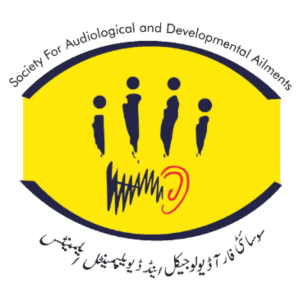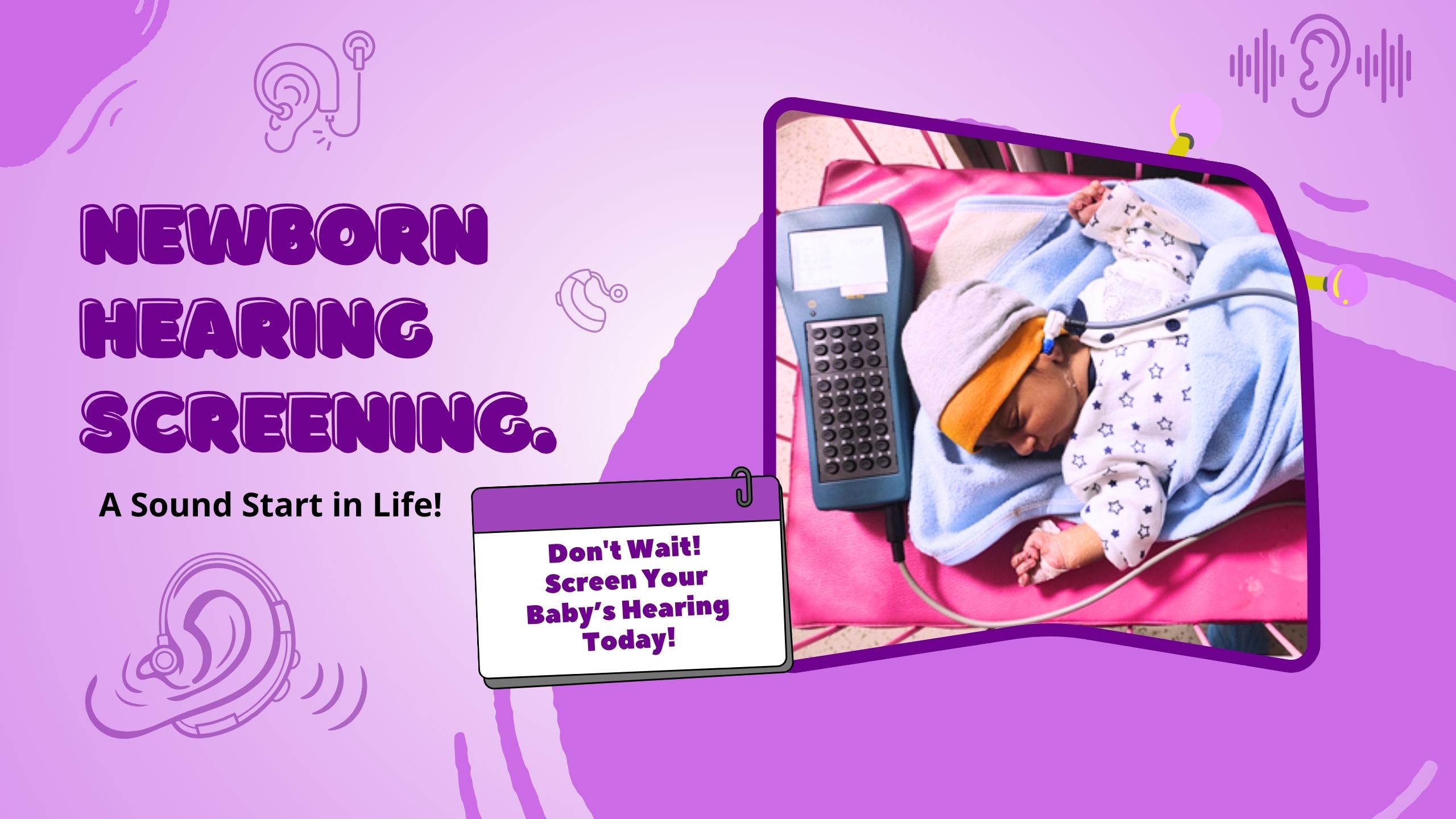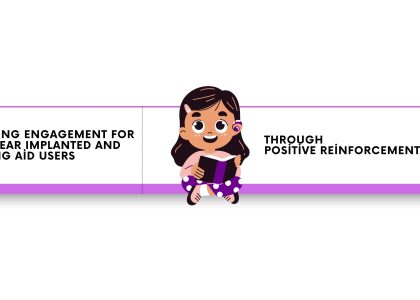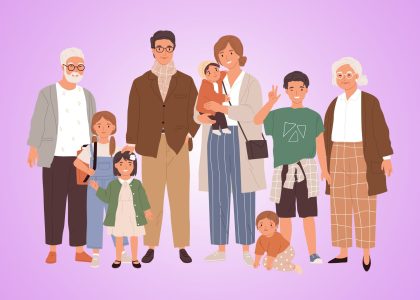The newborn hearing screening is a test performed soon after birth to identify potential hearing loss in babies. It allows for early intervention and support for speech and language development, helping identify babies with permanent hearing loss as early as possible.
Importance to early detection
Hearing is crucial in communication, learning, and overall quality of life. Hearing loss can affect people of all ages, and early detection is essential to prevent further complications. Early identification allows for timely intervention, such as hearing aids, cochlear implants, or early intervention programs which can significantly improve outcomes. The primary detection and treatment of hearing impairment in newborns and infants has a beneficial effect on language acquisition and communication skills.
Age Criteria for Hearing Screening
Newborn hearing screening should ideally be done before a baby is 1 month old, preferably before leaving the hospital, to facilitate early detection and intervention for potential hearing loss.
Risk factors that contribute to failing the initial hearing screening
- Family history of hearing loss
- Prematurity
- Jaundice
- Low birth weight
- Infection during pregnancy
- Craniofacial anomalies
- Use of certain medications
- Complications at birth
- NICU stay
If a newborn fails the initial screening, further tests should be conducted to confirm or rule out hearing loss. A child who fails the initial screening must get a diagnostic hearing test and evaluation by a hearing specialist as soon as possible but before attaining 3 months of age.
Awareness about hearing screening:
So, take action today—early detection can lead to a brighter future!
Make sure your baby undergoes a hearing screening before leaving the hospital. If your baby misses the screening or doesn’t pass, ask for a follow-up test. Here, are some strategies to raise awareness in people:
- Social Media Campaigns
- Public service announcements
- Educational workshops
- Sharing of real-life stories with the audience
- Engage health care professionals
Holding awareness/diagnostic camps
About Author:
Ms. Faiqa is SADA NGO’s Audiologist spearheading “The Newborn/Neonatal Hearing Screening Program” at two government hospitals, The Services Hospital and Sir Ganga Ram Hospital.







